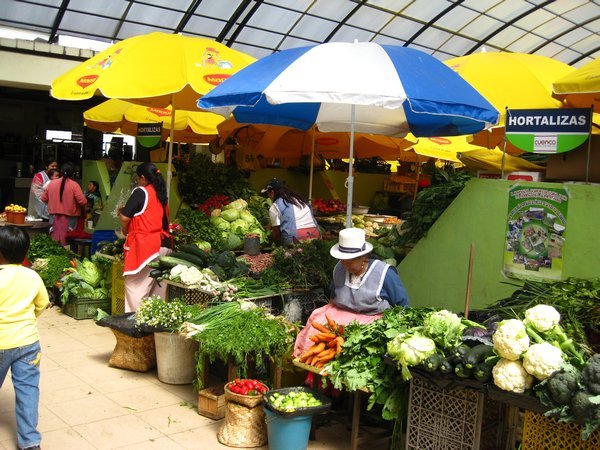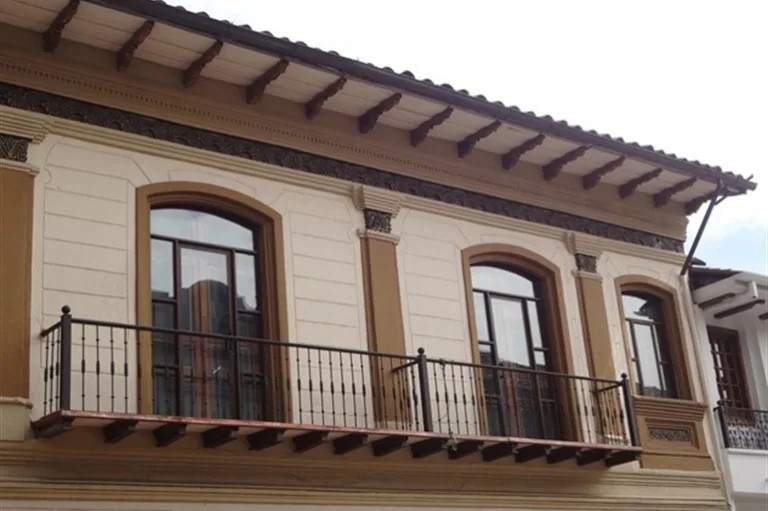Hablo Español — sort of — and the education continues
I’m a firm believer that if I spend time in a place, it is to my benefit to learn the language that the locals speak. Now, before you add a comment about how you get along fine without learning a new language, please re-read my first sentence. I didn’t suggest that everyone should learn a language. I said “I” should learn the language. More power to you if you get along just fine speaking only your native tongue.
said “I” should learn the language. More power to you if you get along just fine speaking only your native tongue.
When I moved from Pittsburgh, Pennsylvania to Washington, D.C., I learned to speak “politics.” When I moved from Washington, D.C., to Columbus, Ohio, I learned to speak “Midwest.” (That was super easy!) When I moved from Columbus to Myrtle Beach, South Carolina, I learned to speak “Southern.” And, when I moved to Cuenca I began the process of learning Spanish. It is a slow process but it continues.
My wife speaks fluent Spanish. She was an exchange student to Medellín, Colombia, more years ago than she likes to admit, then studied at the University of Valladolid in Spain, and stayed current by teaching Spanish in U.S. schools. By the way, she is quick to point out that she was in Medellín when it was known as the “coffee capital” of the world, not the drug capital.
I mention her experience to explain why my attempts to learn Spanish in Cuenca have been less successful than I had hoped. It was way too easy to rely on her Spanish abilities than to work on my own.

Knowing some Spanish is essential for negotiating with vendors at the mercado.
A month after I had settled into my new life in Cuenca, I began to ask established expats for recommendations for a Spanish language program. Repeatedly, I was told that the Amauta School was a good choice. For me, it was.
I started with classes four hours per day, five days each week, and did that for four weeks. Then changed to classes two hours per day, five days a week. The class is one student and one teacher. It is conducted in Spanish, with the teacher switching to English only when he sees from the blank look on my face that the Spanish isn’t working. He is very patient and willing to repeat as many times as necessary to make sure I understand the point he is teaching.
I decided to learn to speak Spanish not only to be able to communicate with the local population and to be able to shop and negotiate at the markets, but also to be able to better understand the culture. For example, I learned that in Spanish, one would say “the book fell,” rather than the English, “I dropped the book.” It’s a seemingly simple thing, but it means one doesn’t have to be embarrassed because one dropped a book. It helped me understand the Spanish culture’s importance of saving face in situations that could be embarrassing.
I learned about reflexive verbs that emphasize actions that come back to oneself. (If we have them in English, I never learned them, even in the process of earning my Ph.D) Perhaps in a culture where so much is shared, it’s important to understand when an action is solely your own rather than that of others.
I learned that the word for business is “negocio.” That helped me understand the prevalence of bargaining at tienda, mercados and on the street. What else could I expect if the word for “business” corresponds to the English “negotiate” or “negotiation?”
I was told that spoken Spanish in Cuenca is easier to understand than in many other areas where Spanish is spoken. I was told that in Cuenca, pronunciation is prized for its cadence, which is almost music-like. Unlike in Cuba or even coastal Ecuador, people don’t drop the final syllable of words. Unlike in Mexico, people don’t sound as though they are rushing sentences when speaking, almost sounding out of breath by the end of a sentence. I was told that in Cuenca even poorly educated people take pride in speaking clearly. All of these things made me realize that I am lucky to be studying Spanish in Cuenca.
I’m certainly not yet fluent. My pronunciation is getting better, but people can still tell that I am not a native speaker. My vocabulary is getting larger, but I still have to reach for a dictionary or ask the meaning of a word much too often. My grammar is getting more precise, but I still hesitate while speaking to grapple with the correct person, tense and gender. And, I still speak much more slowly than Spanish speakers. Perhaps that’s because of my time in the southern U.S.
But I get a true feeling of accomplishment when I can interact with the owner of a small tienda, purchase what I want and feel as though I am getting a fair deal. I revel in those times when I have a conversation with a native Spanish speaker and understand what I’m hearing — and know that I am making myself understood.
No, I’m not yet fluent. But I’ve come a long way in two and one half months. I can’t wait to see where I am two months from now!
_________________
Walter Panko and his wife, Karen, have recently moved to Cuenca from the U.S. He is a retired educator and business owner looking forward to adapting to and adopting the local culture. He is experiencing life in Cuenca through “Gringo Eyes” and sharing some of his observations.

















